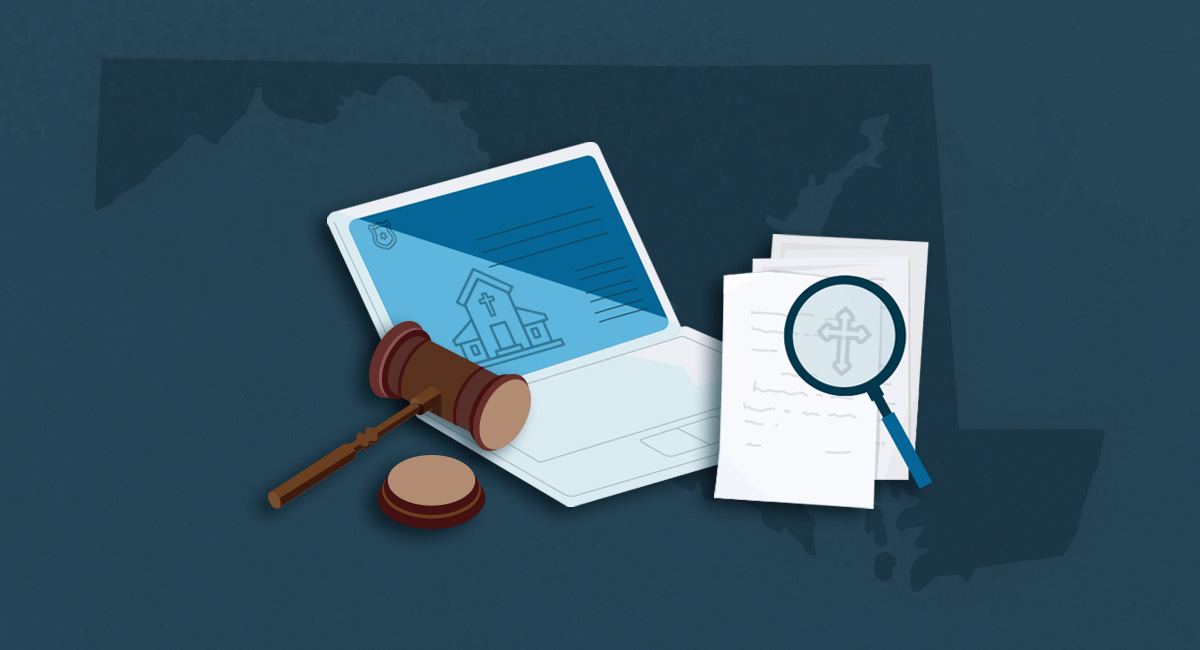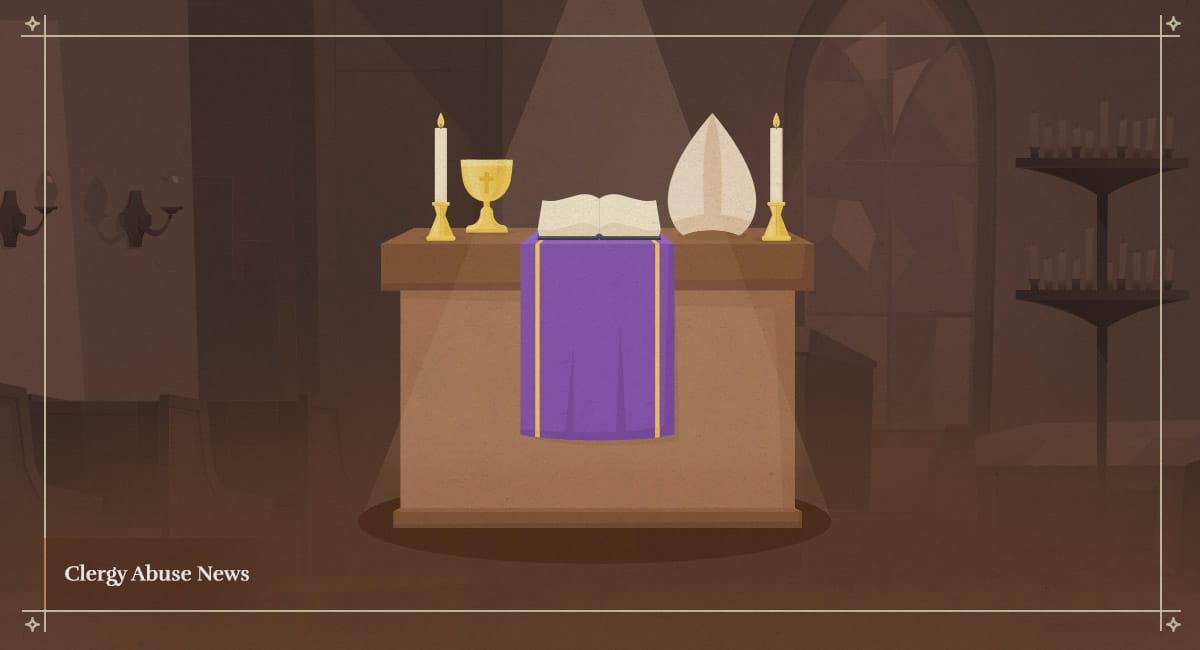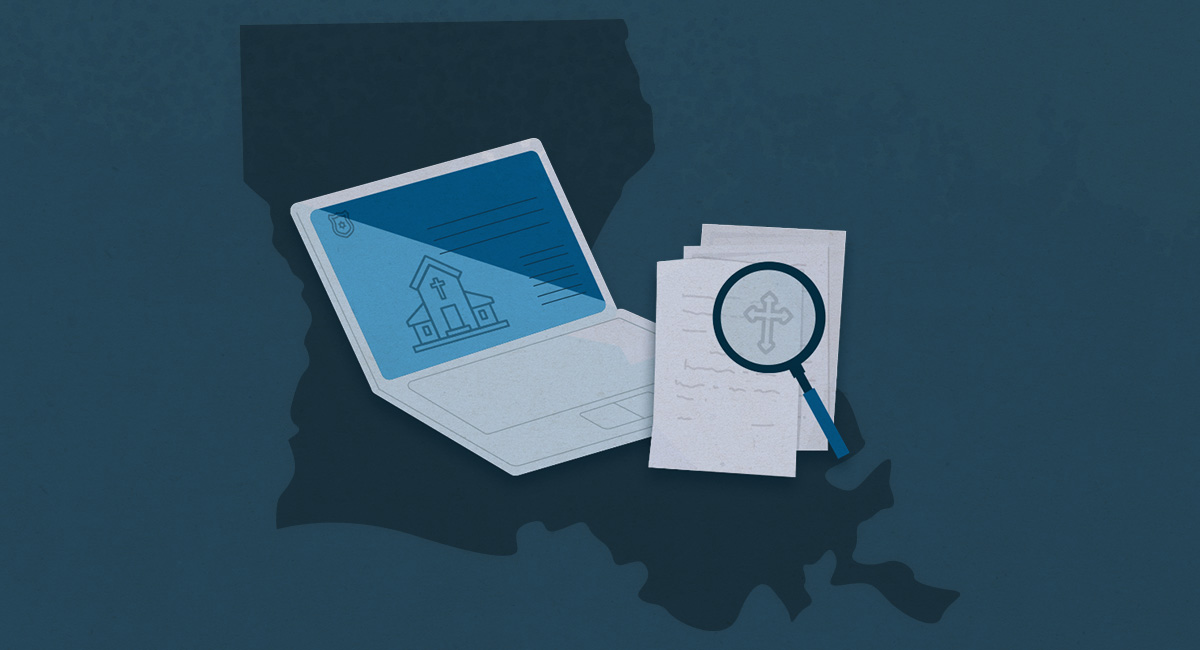Maryland Report on Church Sex Abuse Leads to New Legal Options for Survivors
A report from the Maryland attorney general on child abuse in the Archdiocese of Baltimore led to a new law to help victims to file lawsuits against abusers.

A new report on priest sex abuse has led Maryland to pass a law for survivors. The law will help victims seek justice after being abused as children by priests and others associated with the Archdiocese of Baltimore. Survivors in Maryland will be able to file civil lawsuits no matter how long ago the abuse happened.
The report, released by Maryland’s attorney general, details decades of abuse from more than 150 priests, seminarians and employees of the archdiocese. It also accuses church leaders of protecting priests and silencing their victims.
Archdiocese of Baltimore Priests Abused Hundreds of Children
The report is the result of a years-long investigation ordered by the attorney general’s office. It details Catholic priest abuse in the Archdiocese of Baltimore from the 1940s to 2002. Through reviewing more than 100,000 documents and interviewing hundreds of victims and witnesses, investigators identified priests and others associated with the archdiocese who abused more than 600 children.
The report is the latest in a series of revelations surrounding Catholic priest abuse in the United States. In 2002, the Boston Globe reported on decades of abuse by priests in the Greater Boston parishes. In 2018, the Pennsylvania attorney general released a report on widespread clergy sex abuse in the state. An ongoing FBI investigation of the New Orleans Archdiocese is looking into whether priests trafficked children across state lines to molest them.
Church Officials Protected Priests and Silenced Victims
The report concludes that church leaders in the Archdiocese of Baltimore engaged in a pattern of covering up child sex abuse. It shows how they were more concerned with avoiding scandal than protecting children.
“Time and again, leaders failed to properly investigate, report, or remove the offending priests from positions with access to children.”
Attorney General’s Report on Child Sexual Abuse in the Archdiocese of Boston
Church leaders not only silenced victims but also placed priests in positions where they could continue to abuse children. For example, a priest in Connecticut named Lawrence Brett admitted in 1964 to abusing a boy. Brett ended up in the Archdiocese of Baltimore, which placed him in an all-boys school.
The report found Brett abused more than 20 boys in Maryland. In 1973, after several students accused Brett of abuse, he was allowed to resign. More victims came forward, but school officials failed to act. Brett died in 2010 without ever facing criminal charges.
The archdiocese has long credited itself with being transparent about abusive priests in its ranks. In 2002, it published its first list of credibly accused priests. The new report, however, includes 39 people not included on the archdiocese’s list.
The scandal caused by the attorney general’s report led the Maryland legislature to act. Survivors silenced because of the church leaders’ coverup may now be able to seek justice.
The archdiocese has long credited itself with being transparent about abusive priests in its ranks. In 2002, it published its first list of credibly accused priests. The new report, however, includes 39 people not included on the archdiocese’s list.
The scandal caused by the attorney general’s report led the Maryland legislature to act. Survivors silenced because of the church leaders’ coverup may now be able to seek justice.
Maryland Legislature Passed New Law to Help Survivors Seek Justice
A week after the attorney general’s report, Maryland eliminated the state’s statutes of limitations for child abuse victims. Under this new legal framework, people abused by priests as children can now sue responsible parties. Those responsible include both priests and the archdiocese that covered up the priests’ actions. It will not matter if a survivor’s case has previously been time-barred.
The law is the first in the country to create an unlimited “look back” window for people abused as children. Other states, such as Arkansas and Colorado, have opened up limited “look back” windows during which civil abuse lawsuits are not time-barred. The “look back” period in Maryland has no end date.
The law is called the Child Victims Act of 2023. It goes into effect on October 1, 2023.
If you are a survivor of childhood sexual abuse, sexual assault or a serious physical assault, you may have legal rights. Our team of attorneys is here to help you seek justice against predators and the organizations that cover up or ignore your abuse. Learn more about your legal options, the claims process and potential compensation.
Request a free, confidential abuse case evaluation by calling 1-866-371-8506 or sending a message through our secure contact form.
Sources
- 1
Brown, A.G. (2023, April). Attorney General’s Report on Child Sexual Abuse in the Archdiocese of Baltimore. Maryland Office of the Attorney General.
- 2
Senate Bill 686 (Maryland 2023).
- 3
Skene, L. (2023, April 6). Catholic church in Maryland slammed after sex abuse report. The Associated Press.
- 4
Skene, L., Witte B., et al. (2023, April 5). Report details ‘staggering’ church sex abuse in Maryland. The Associated Press.
- 5
Venable LLP. (2023, April 12). Maryland Legislation Repealing Statute of Limitations for Civil Suits Based on Child Sexual Abuse Signed Into Law. JD Supra.



